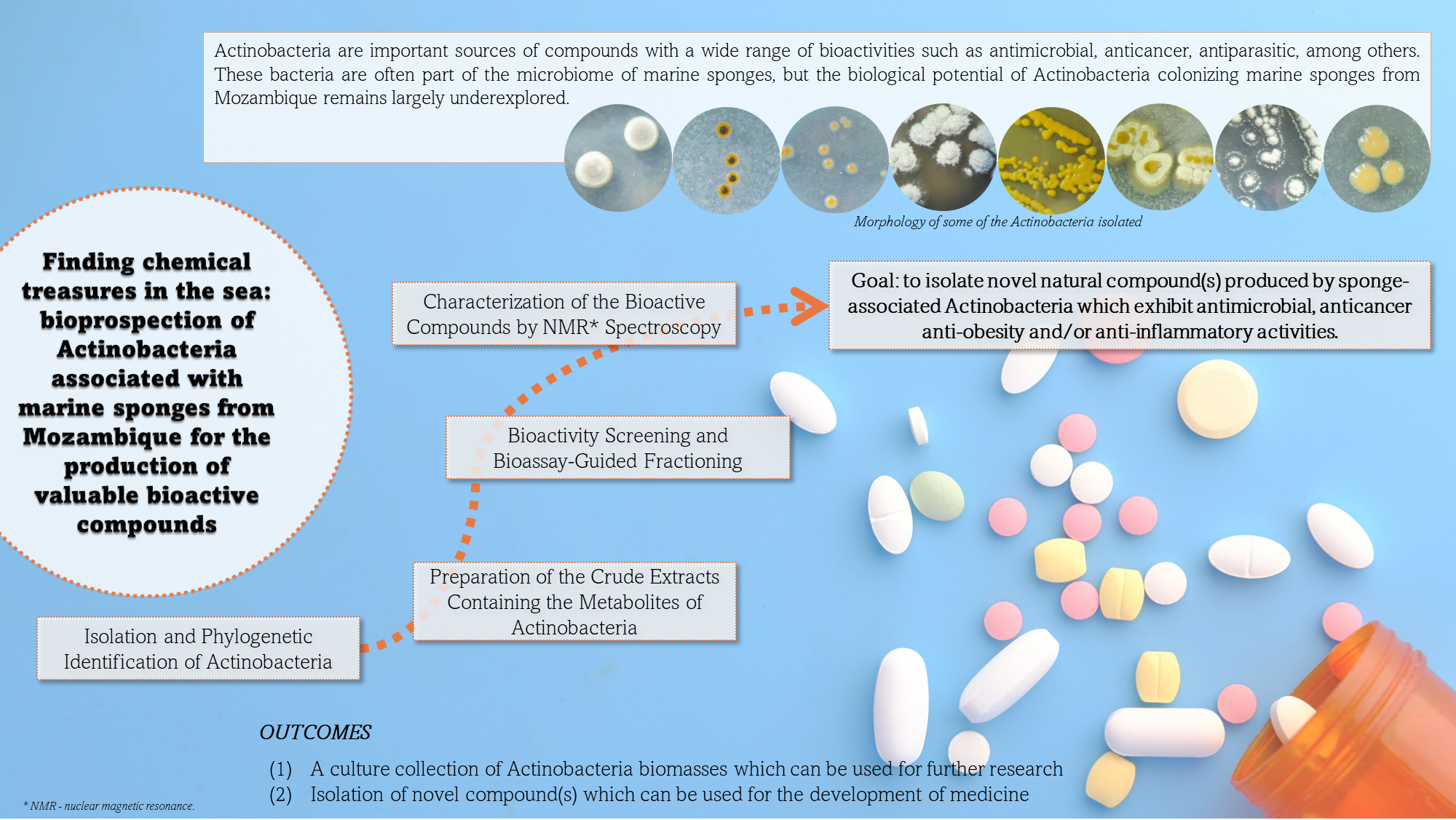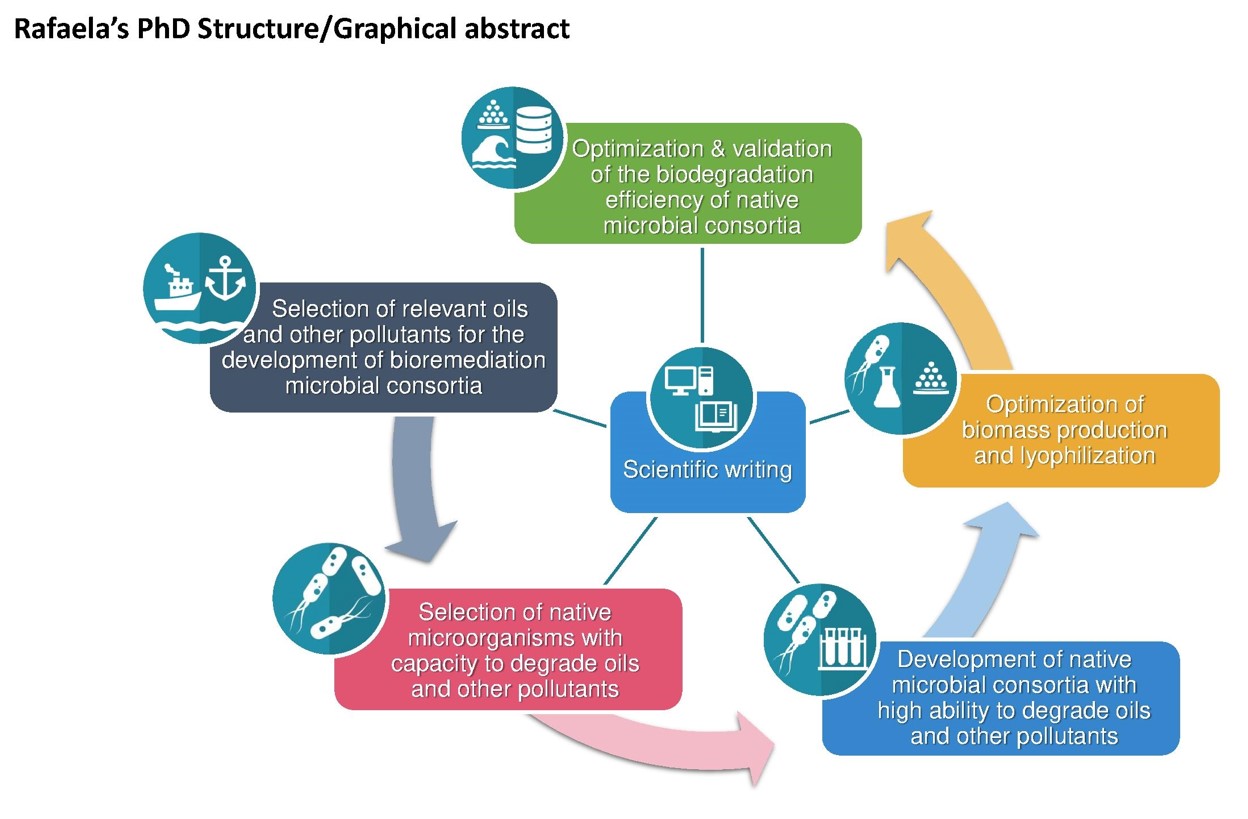Marine habitat classification for improved spatial information towards evidence-informed management of the Northern Littoral Marine Park
Vasco Manuel Paiva Ferreira
Thesis Project: Environmental management and conservation requires standardized classifications and terminology to enable consistent mapping of the environment across all possible habitat types. Habitat classifications are required for reporting, mapping and comparative analysis of ecological data, this aids ranking of areas for conservation management, such as in selecting areas whose conservation requires the designation of special areas of conservation. The importance of a univocal habitat classification system is confirmed by the fact that a number of European policies, including the Habitats Directive (92/43/EEC), the Marine Strategy Framework Directive (MSFD; 2008/56/EC), the Infrastructure for Spatial Information in the European Community (INSPIRE; 2007/2/EC), and the Maritime Spatial Planning (MSP) roadmap (European Commission, 2008), aimed at marine mapping, assessment and reporting are increasingly using EUNIS habitat categories to guarantee a common shared classification system between Member States. The EUNIS (European Union Nature Information System) habitat classification system aims to provide a common European reference set of habitat types within a hierarchical classification, and to cover all habitats of Europe. For this reason, substantial efforts have been made to include information on marine benthic habitats from different regions, aiming to provide a comprehensive geographical coverage of European seas. However, there still remain many concerns on its applicability as only a small fraction of Europe’s seas are fully mapped. Our increasing knowledge of the marine habitats and some difficulties to implement the current EUNIS classification raise further issues to be resolved. While many projects have greatly increased our knowledge of the marine environment, they have also revealed a number of problems with the current version of the marine section of the EUNIS classification. One consequence of this is that, at a national level, there are many examples where habitat mapping studies have found difficulty in assigning their observations to the classes that currently exist in the EUNIS system.
Consequently, an effort should be made to improve the detail of biotope descriptions to include most of the local assemblages.
Habitat-based marine spatial planning and management is a possible way to ensure sustainability of marine ecosystems and the services they provide and to enable comparisons between areas and organize information in maps and reports. Habitat maps will be used to identify sites that incorporate the ecological processes that support biodiversity, including the presence of exploitable species, vulnerable life stages, and habitat inter-connectivity. The proposal aims progress in the field of benthic habitat mapping founded on high-resolution environmental data sets that will undoubtedly help to examine patterns in community and species distributions, which is a vital first step in unravelling complexities and thus providing improved spatial information for the management of the Northern Littoral Marine Park (Esposende, Portugal).





